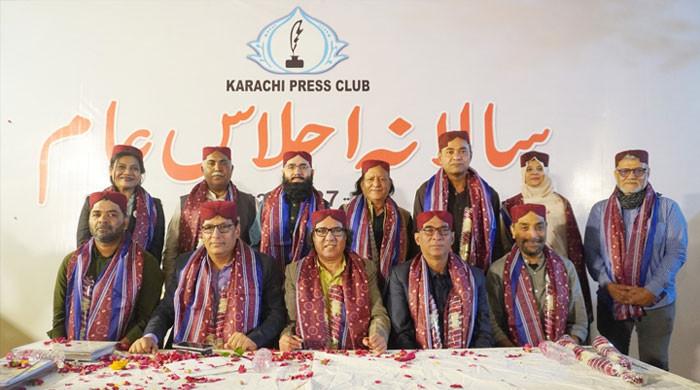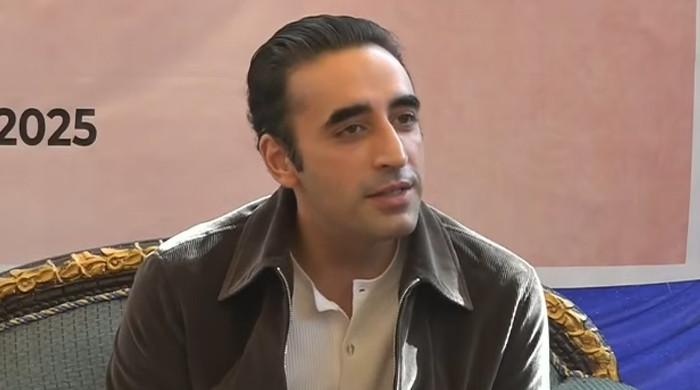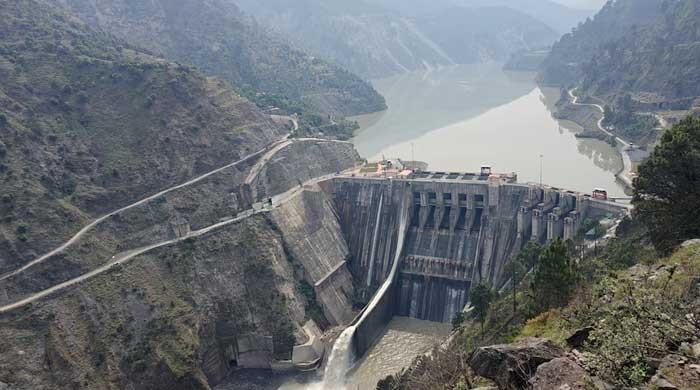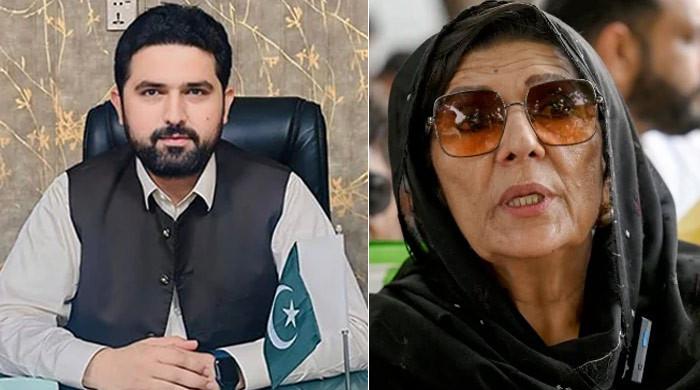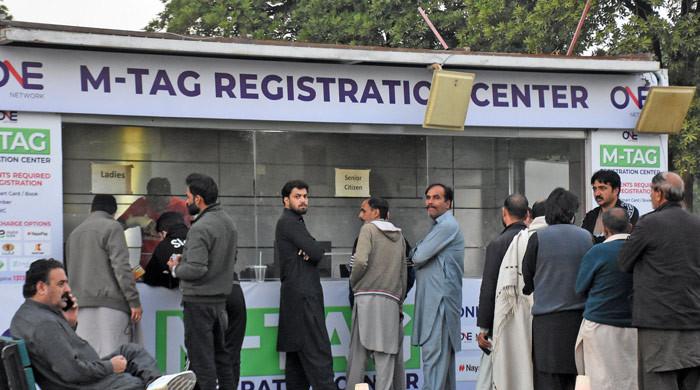Special courts to hear vote disputes from September 22
Once in session, the election courts have a total of 120 days to hear arguments and pass a verdict
September 03, 2018
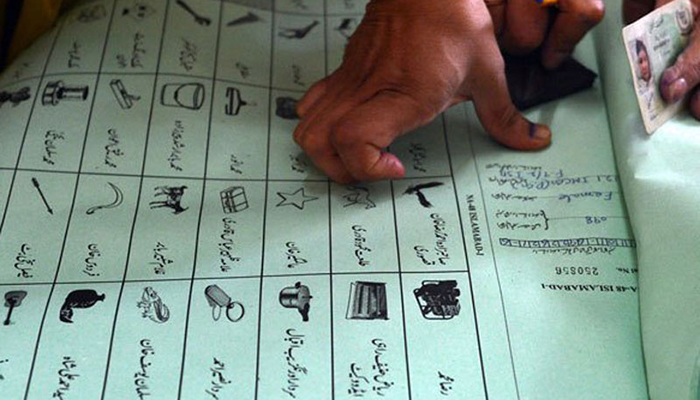
The election tribunals will begin hearing individual petitions against the results of the parliamentary election from September 22, say officials.
Pakistan’s July 25 ballot was not without its share of controversy. Candidates from various political parties complained of hostile election officials, haphazard vote counts and foul play. In fact, the night the outcomes were being tallied the election commission blames the online Result Transmission System (RTS) of crashing and as a result delaying the vote count.
On August 11, the Election Commission of Pakistan (ECP) constituted 20 specially-convened courts for the trial and disposition of election-related disputes, on national and provincial assembly seats. Eight tribunals have been formed in Punjab, five in Khyber Pakhtunkhwa, four in Sindh and three in Balochistan. Of the serving high court judges, appointed to consider the evidence, only one is a woman.
“The tribunals have been set up under the provisions of Section 140 of the Elections Act 2017, and on the recommendations of the chief justice high court,” read the notification issued by the Commission.
Once constituted, the aggrieved candidates have 45 days to file their petitions in the relevant court. “Since the notification was published last month, the petitioners have till September 22 to submit their papers,” Aftab Ahmed, the ECP spokesperson told Geo.tv.
Once in session, the election courts have a total of 120 days (till Jan. 22) to hear arguments and pass a verdict. A judge is empowered to invalidate the result or call for fresh polls in the constituency.
A large number of the petitions complain about the rejection of requests for a recount. “I had asked the Returning Officer (RO) to reopen the votes for each candidate,” said Pakistan Peoples Party’s Yousaf Raza Gilani, who lost a constituency – NA-158 – in his hometown of Multan by less than 8,000 votes.
Under the Elections Act 2017, passed in October, if after the 120-days lapse, the verdict of the tribunal is unsatisfactory, the aggrieved may then “within thirty days of the date of the decision, appeal to the Supreme Court.”
Besides candidates from the opposition parties, several from the ruling Pakistan Tehreek-e-Insaf (PTI) are also challenging the final results. PTI’s Usman Dar, who fought a tightly-contested race against Pakistan Muslim League-N’s Khawaja Asif from Sialkot, complains that his legal right for a recount was also rebuffed. Shortly after the polls, the RO agreed to open the ballot boxes of 15 polling stations, which reduced the margin, but still put Asif in lead over Dar. However, the PTI candidate insisted on a recount of all polling stations and booths. When his request went unheeded, he turned to the election tribunal. “One presiding officers even try to take the ballot box with him,” Dar explains, “Later, he was handcuffed, but the RO overlooked this. Also, close to 7,000 votes were rejected in my constituency.”
As per the ECP notification, the judges will be re-examining results from the following national and provincial assembly constituencies:
In Punjab, NA-68 to NA-87, PP-28 to PP-71, NA-88 to NA-98, PP-72 to PP-92, NA-99 to NA-116, PP-93 to PP-130, NA-117 to NA-149 and PP-131 to PP-202, NA-166 to NA-180, PP-237 to PP-267, NA-150 to NA-165, PP-203 to PP-236, NA-181 to NA-195, PP-268 to PP-297, NA-55 to NA-67 and PP-1 to PP-27.
In Khyber Pakhtunkhwa, NA-18 to NA-33, PK-43 to PK-84, NA-40 to NA-51, NA-11 to NA-17, PK-25 to PK-42, NA-1 to NA-10, PK-1 to PK-24, NA-34 to NA-36, PK-85 to PK-93, NA-37 to NA-39 and PK-94 to PK-99.
In Sindh, all national and provincial assembly constituencies of Karachi’s Malir, East, Korangi district, central, west and south district; all NA and PA constituencies of Sukkur, Larkana division, Hyderabad, Shaheed Benazirabad and Mirpurkhas.
In Balochistan, NA-257 to NA-264, PB-1 to PB-24, NA-265 to NA-272, PB-25 to PB-51.





